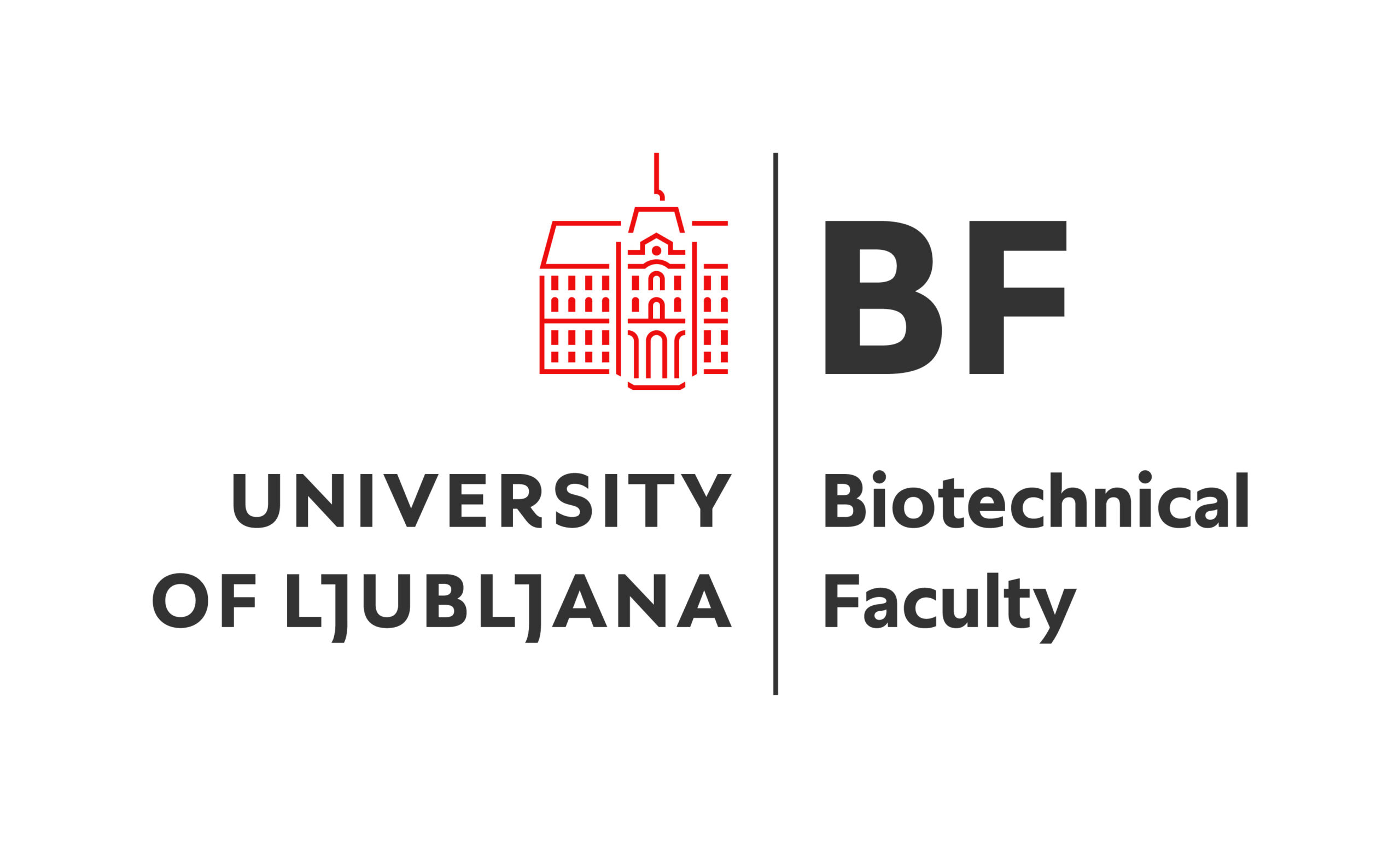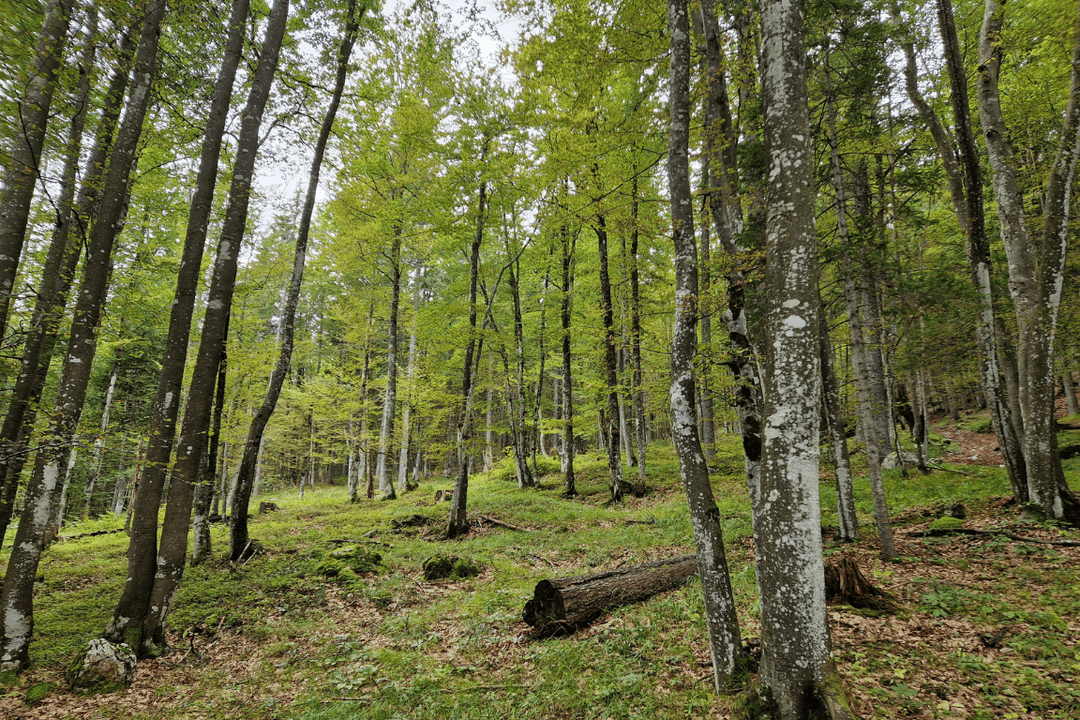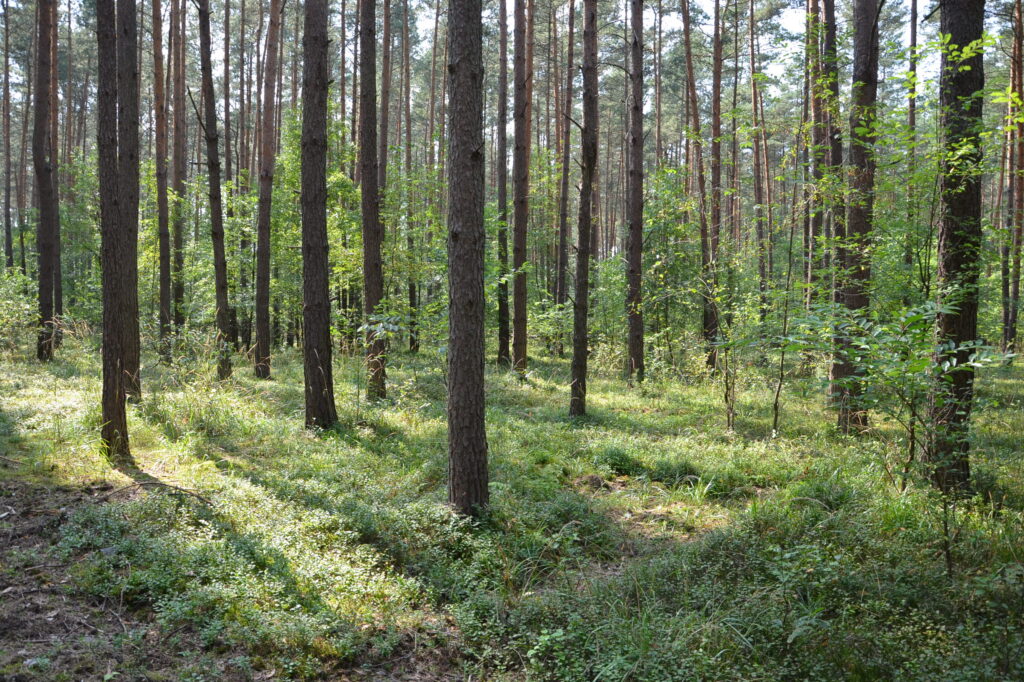BALANCING FOREST ECOSYSTEM SERVICES
iFORPLAN project addresses rising timber demand across the EU, while balancing priorities like climate action, conservation, recreation, and ecosystem services. By developing spatial planning tools, iFORPLAN aims to:
- Zone forest landscapes by ecosystem service (ES) priorities;
- Integrate ES indicators using quantitative and qualitative decision-making tools;
- Design climate-smart strategies for sustainable forest use; and
- Collaborate with stakeholders in planning.
Focusing on timber, protection, conservation, recreation, and carbon storage, the project will test these methods in Estonia, Finland, Poland, and Slovenia, involving local stakeholders to refine and validate its strategies.

ABOUT THE PROJECT




At the EU level, timber harvesting is increasing to meet the higher demand for bioenergy and the bioeconomy. At the same time, demands associated with climate mitigation, nature conservation, recreation and other non-wood ecosystem services (ES) are becoming increasingly important. These increasing yet sometimes conflicting demands towards forests can lead to conflicts in forest use among different stakeholders. Forest management planning is an important tool for designing and implementing management interventions for providing a set of various ecosystem services (ES). The proposed research project (IFORPLAN) introduces novel approaches related to spatial forest planning.
Project iFORPLAN is supported under the umbrella of ERA-NET. ForestValue2 is co-fund by Ministry of the Environment of Finland, Ministry of Higher Education, Science and Innovation of Slovenia, National Science Centre Poland and Estonian Ministry of Climate.
STUDY SITES
PROJECT PARTNERS

COORDINATOR
University of Ljubljana, Biotechnical Faculty, Department of Forestry and renewable Forest Resources

Poznan university of Life Sciences

Estonian University of Life Sciences

Natural Resources Institute Finland







